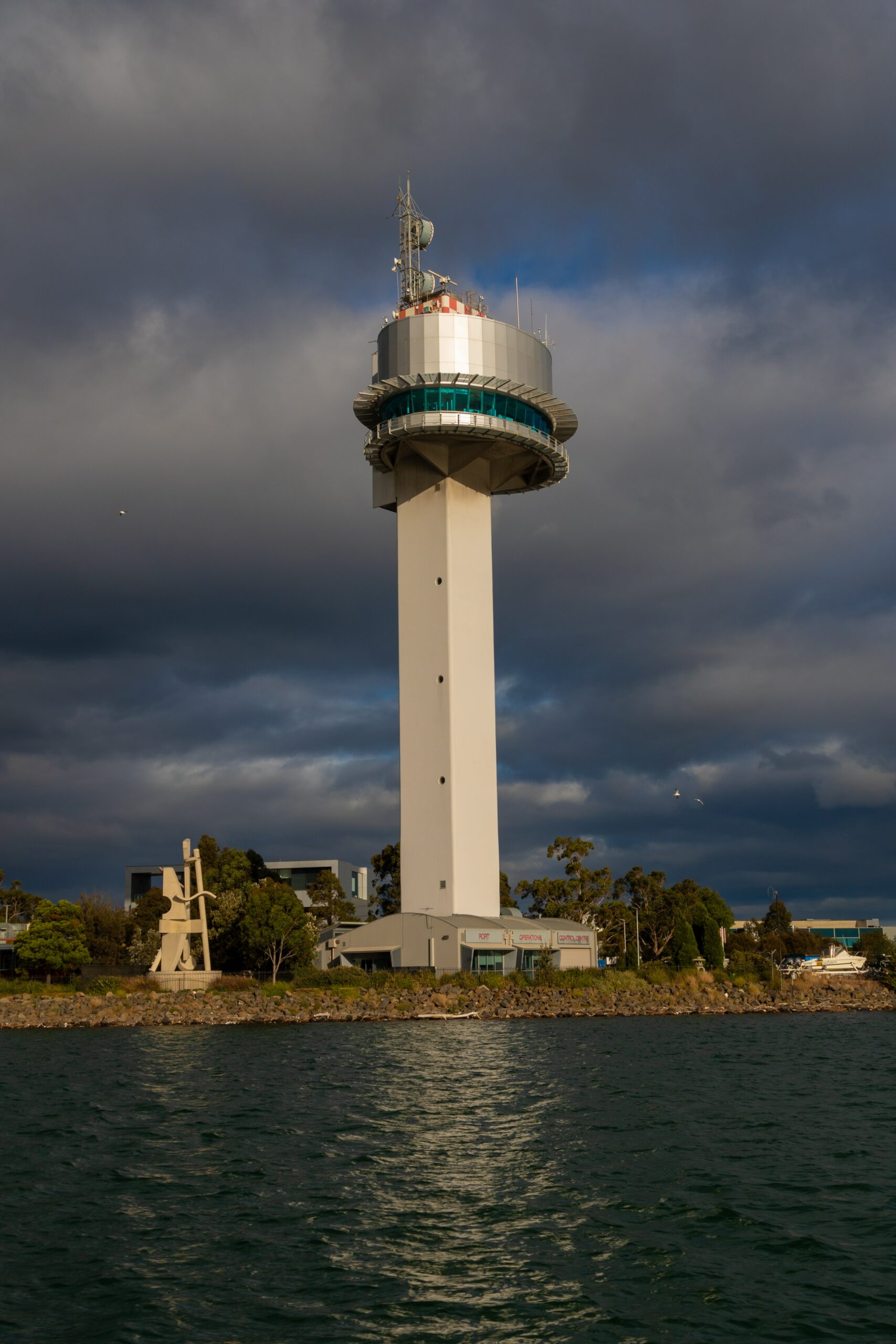High investments and write-offs on loans led to the losses, says company boss Sebastian Siemiatkowski. He wants to break even in one to two years.
Sebastian Siemiatkowski
The Klarna boss sees two reasons for the red numbers.
Frankfurt The Swedish payment service provider Klarna, the most valuable unlisted start-up in Europe, continues to grow rapidly. In return, he accepts enormous losses. Last year, the shortfall quintupled to almost 7.1 billion Swedish crowns (currently 668 million euros), as Klarna announced on Monday.
Despite the high loss, Klarna boss and co-founder Sebastian Siemiatkowski was optimistic that the turnaround would be achieved quickly. "We expect to be profitable in a year or two, at the earliest in spring 2023," he told Handelsblatt. "We think our business model is sustainable in the long term."
He sees two reasons for the red figures: high investments in new markets and write-offs on loans that arise from installment payments. The costs almost doubled to the equivalent of 1.4 billion euros.
Klarna, best known for its invoice and installment payment methods, now has 147 million active users – almost 70 percent more than a year ago. The transaction volume increased significantly in 2021 – by a good 40 percent to a total of 65 billion euros. However, the relative pace of growth slowed somewhat compared to 2020.
Top jobs of the day
Find the best jobs now and be notified by email.
Thanks to several company takeovers, Klarna is now active in 45 countries. So far, Klarna had communicated the number of around 20 markets. In terms of sales, Germany, where Klarna also offers current accounts, is still the most important market.
Significantly more loan defaults
The Stockholm payment service provider, founded in 2005, is by far the most valuable start-up in Europe. Klarna has been valued at nearly $46 billion since a new round of funding last summer. Klarna is expected to go public soon. The company is not giving any specific plans at this time.
Like other payment companies, Klarna benefits from the fact that online trade is booming and more and more payments are being processed digitally. Klarna started out as a specialist for purchase on account.
The financial start-up now offers a wide range of services, especially for online retailers, and collects fees from them. The company has 400,000 dealer customers. Consumers do not pay for the use of the Klarna payment methods or the Klarna app, but interest in installment purchases.
However, some of the users cannot repay the loans. In 2021, the value adjustments shot up by 84 percent to 434 million euros. Siemiatkowski defended the Klarna approach: They were satisfied with the development of depreciation "because they are falling in mature markets like Germany". In addition, 99 percent of loans worldwide would be repaid.
Criticism of purchase on account and above all of installment purchase (in technical jargon "buy now, pay later", BNPL) has grown recently. Klarna is one of the largest BNPL representatives, but Amazon, the US online payment service PayPal and a number of banks also offer online purchases in installments.
The British financial regulator FCA has already called the strong growth of BNPL payment offers onto the scene. She fears that consumers run the risk of getting into debt more quickly.
Criticism of the supervisory authority
Klarna has repeatedly defended its BNPL offer and thus its business model. The business is already regulated to a certain extent, Siemiatkowski said. In his view, it would make sense for regulators to limit the failure rates of a payment method.
Nevertheless, Klarna recently lowered several fees. "We started rethinking our fee structure and changed it, some over the past year," Siemiatkowski said.
The war in Ukraine and sanctions against Russia do not affect Klarna. According to the company, it has no business in Russia and neither private nor retail customers from Russia. The same applies to Ukraine.
More: 13 banks and payment service providers want to continue working on the EPI payment project.



